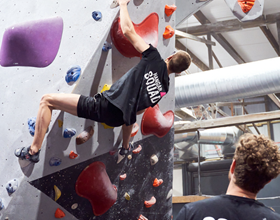
How will Olympics 2024 affect the UK climbing community?
The long-awaited inclusion of climbing in The Olympic Games has been one of the most impactful events in the recent history of the sport. Being a former competitive climber myself, I still remember the excitement at the prospect of climbing being included in the Games. As we approach the second Olympics featuring our amazing sport, the impact that this event has had on the climbing community is only just starting to be recognised by those in the sport.
Climbing was announced as a new sport for the Tokyo 2020 Olympics back in 2016 and in the eight years since, we have seen much change within the community. Participation has grown, there are many more opportunities to be involved in climbing and the sport is getting more attention worldwide.
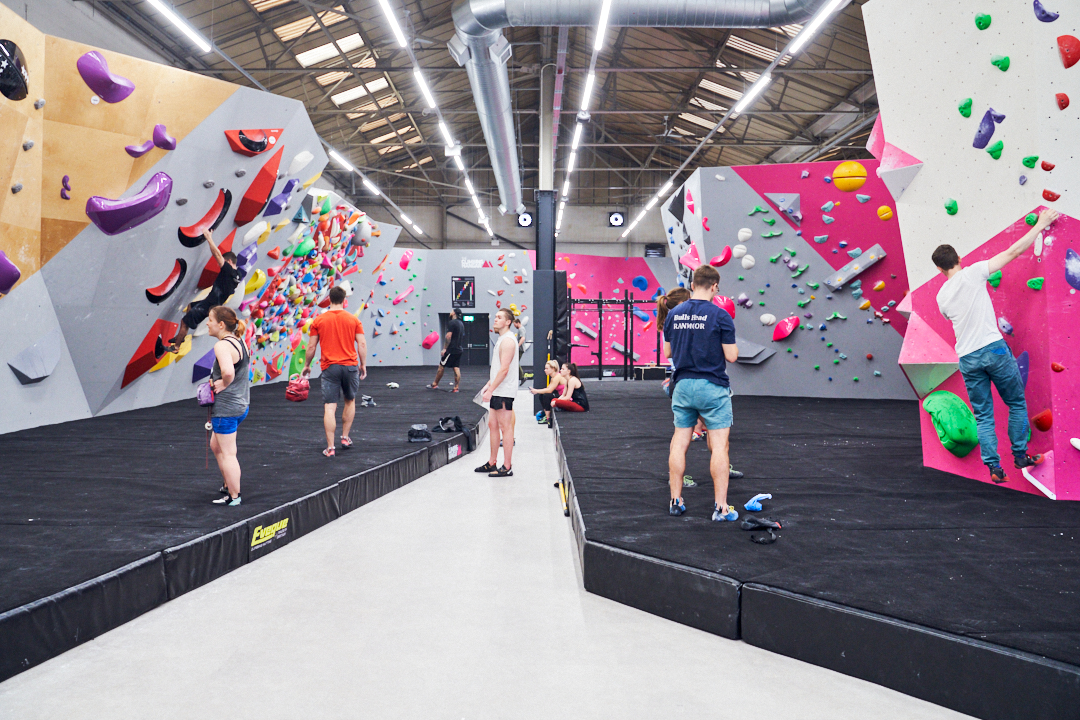
Increased Visibility and Participation
In simple terms, many more people now know of climbing’s existence because of its inclusion in The Olympic Games. This has led to more people engaging with the sport, particularly in the 18-24 age group. According to the EY Sport Engagement Index 2023, Climbing (for the first time) became a top 20 sport for both participation and engagement among 18–24-year-olds - this is phenomenal progress for a sport that was (at best) considered niche a decade ago. The report suggests that 55% of people who engage with climbing have been involved with the sport for two years or fewer. That huge increase in participation and engagement since the Tokyo Olympics is a huge asset – more engagement increases the money there is to build more climbing walls and support climbing businesses, ultimately helping the sport thrive financially.
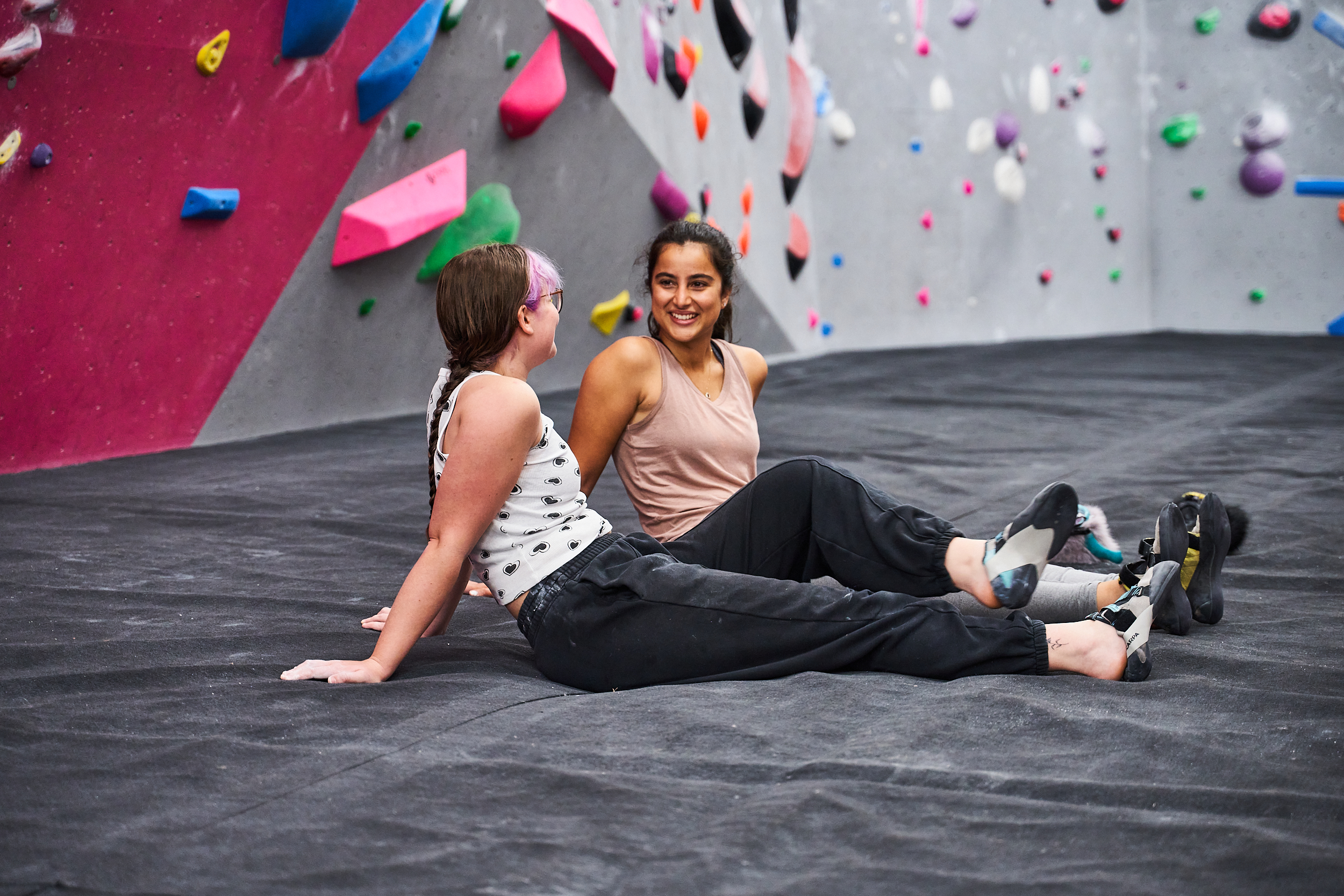
Busy Climbing Walls
There are a few small risks that come with an influx of participants to climbing – one being very busy climbing walls! While this is financially beneficial, it could affect the experience of climbing at peak times. Many who work standard 9-5 hours have no choice but to exercise in the evenings and so walls can become crowded. Climbers often find a lack of space can decrease their productivity and, for the most invested customers, it can impact their ability to train effectively. There have been reports of queuing for routes in many walls - taking enjoyment away from a session very quickly. Crowding, coupled with the fact that many climbers will be relatively new to the sport, increases the risk of being hurt in a bouldering gym; and so it is more important than ever that newcomers are informed of the best ways to stay safe at a climbing wall.
Many new climbers will also venture onto rock for the first time perhaps unaware of certain rules. Inexperienced climbers may not know to brush off tick marks or not to climb on wet rock (actions that will surely frustrate long-term climbers) and so integration and sharing of knowledge and etiquette throughout the community are essential to preservation and harmony within the climbing population.
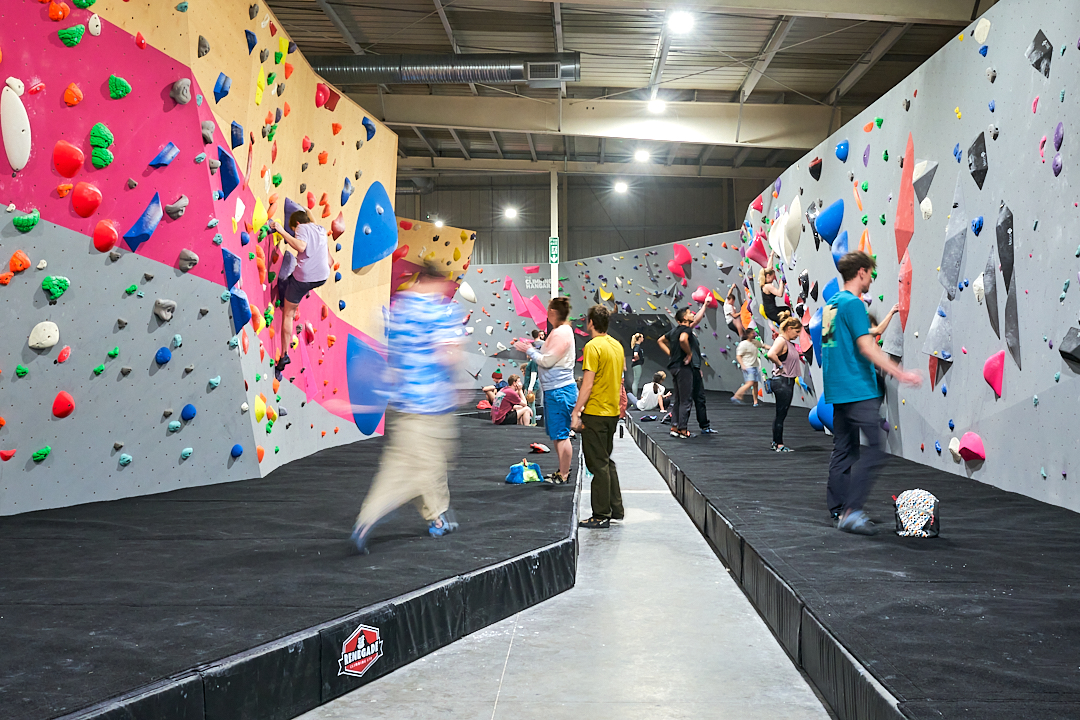
Inspiration for future Olympians
For young climbers, the Olympics have brought fresh inspiration. GB Climbing, for several years now, has made it clear that its focus is centred around athletes qualifying for and successfully competing in The Olympics Games – as laid out in the annual performance strategy for 2024. As a result, a clear pinnacle of the sport has been established, followed by World Championships and the annual IFSC World Cup series, making it easy for aspiring Olympians to see the steps they must take on the way to their Olympic Dream.
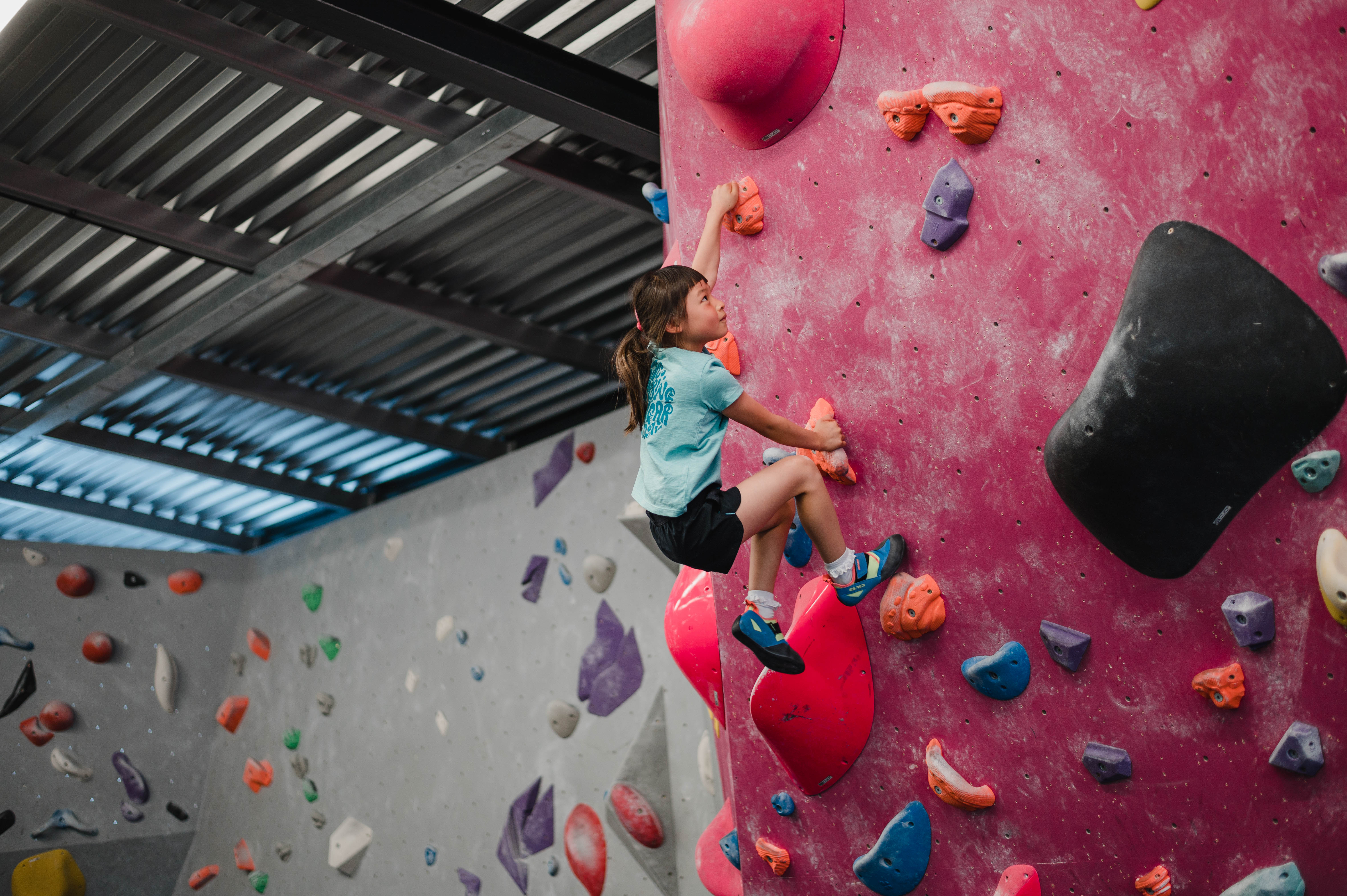
Other climbing achievements or paths may be overlooked
However, this focus on the Olympics may overshadow other opportunities and achievements in climbing – both competitive and non-competitive. Arguably, winning the World Cup series (as Shauna Coxsey did back in 2016 and 2017) remains the hardest thing to do in competitive climbing. It takes both consistency across the season as well as the ability to succeed in different venues, with different route-setters and varying conditions through the many rounds. With the rise of the Olympics and the shift to multidiscipline climbing rather than specialising on one discipline, the World Cup Series overall result is rarely mentioned anymore. The difficulty of the series is boosted by much larger space allocations for each country. The Olympics features a maximum of 2 climbers per country in each category whereas the World Cup Series can feature up to 7 per country. This means that countries (who often have more than two athletes in World Cup Semi Finals) like Japan, Slovenia, France and the USA, who had athletes miss out on Olympic qualification due to space limitations, can send far bigger teams.
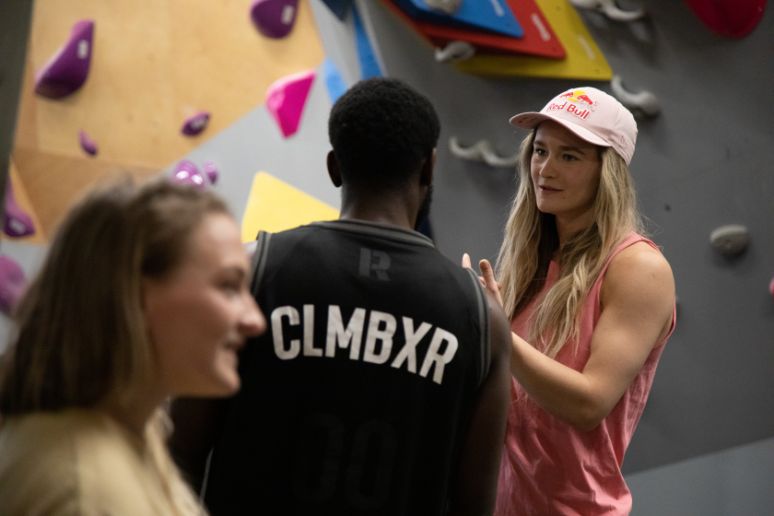
It is also important to recognise the different opportunities for young people outside of competitions, as this clear path can often seem like the only one. Climbing is one of the most diverse sports out there and there are a vast number of options to be involved. One of the most inspiring stories of leaving the world of competitive climbing is that of William Bosi. Will was a multiple-time IFSC World Cup finalist aiming to qualify for the Olympics. After winning the selection event but not being selected for international competitions in 2021, Will decided to spend some time outdoors and has since become one of the most successful rock climbers in the world, with no signs of slowing down. Will’s story is an important reminder that there is a world outside of competitions and that, sometimes, there are factors outside your control that will determine your circumstances.

Overall, the inclusion of climbing in the Olympic Games has undeniably left its mark on the sport and the community that surround it. This newfound attention has brought about a wave of changes. With more participants than ever before, it is a truly exciting time to be a climber! Part two will look specifically at the impact The Olympic Games have had on the British competition climbing community. From career opportunities to changes in the calendar, I’ll explore the ways in which the core values of climbing and the landscape of the competition scene have evolved in a post-Olympic era.
Article by Hannah Smith
The views and opinions expressed in this blog article are solely those of the author and do not necessarily reflect the official policy of position of The Climbing Hangar.
